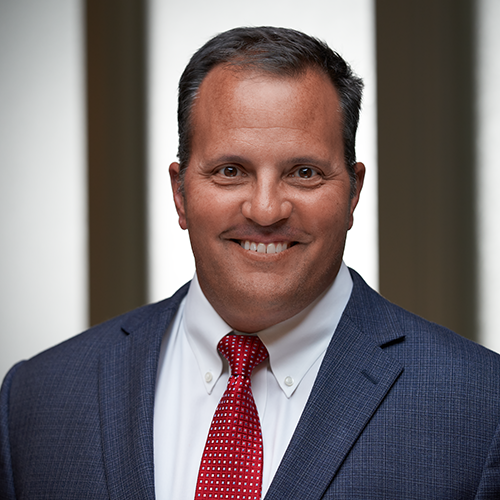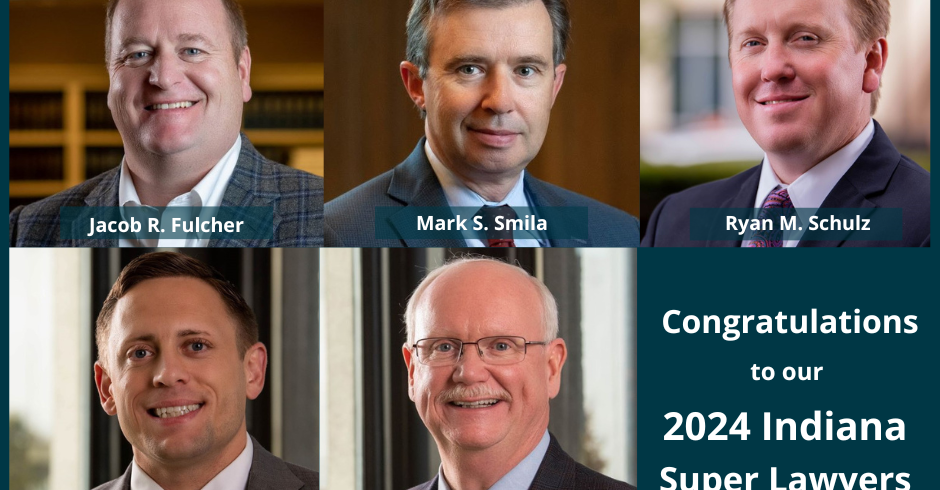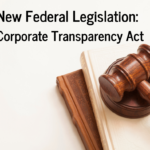Time and again, we have underestimated the pandemic’s ability to impact seemingly obscure aspects of our lives. Our work lives have been uprooted, and our personal lives at times, cancelled. To fill the void left by cancelled social functions, most folks have spent even more of their free time streaming their favorite shows and what few sporting events are not cancelled. COVID-19 knows no bounds.
Perhaps then we should not be surprised that the most recent COVID-19 relief package, enacted on December 27, 2020, addresses a wide range of legal topics. For example, Congress included two new protections for copyright owners to the relief package: the Protecting Lawful Streaming Act and the Copyright Alternative in Small-Claims Enforcement (CASE) Act.
Streaming services constitute an estimated $30 billion to the United States economy annually. In a year where several industries have suffered economically, protecting revenue sources for copyright owners has been one of the focuses for American legislators. The Protecting Lawful Streaming Act addresses these concerns by providing significant prison sentences, up to ten years, and steep fines for unauthorized commercial, for-profit streaming.
Before you hastily clear your browser history, be advised that the Act states that “individuals who access pirated streams or unwittingly stream unauthorized copies of copyrighted works” will not face prosecution. Senator Thom Tillis, who introduced the Act, released a statement clarifying that “[t]his commonsense legislation… is narrowly targeted so that only criminal organizations are punished, and that no individual streamer has to worry about the fear of prosecution.” Nonetheless, this legislation threatens significant consequences to those who might be tempted to pirate copyright materials when they want to “Netflix and chill.”
Also part of the recent COVID-19 relief package, the CASE Act will likely have even wider impact through its creation of a quasi-judicial Copyright Claims Board. The Board serves as an alternative forum for parties to voluntarily resolve copyright claims without the cost and complexities of federal legislation. The Board will be able to resolve infringement claims and is empowered to reward actual and statutory damages, not to exceed $30,000.
Interestingly, Respondents in these proceedings can opt out without consequence (subject to certain requirements) and instead proceed in federal court. Equally unique, if the Board determines that a party pursues a claim or defense for a harassing or improper purpose, the Board can bar that party from initiating claims for a twelve-month period. These characteristics should enable both individual artists and large content producers to benefit from the inexpensive and effective resolution methods offered by the Board.
These significant changes to copyright law, an area that would initially seem beyond the grasp of COVID-19, highlight the volatility of the American legal landscape in 2021. For any questions related to the Profit Streaming Act, the CASE Act, or any other intellectual property concerns, please contact Kent A. “KAB” Brasseale II at (812)423-3183 or kbrasseale@kddk.com; or contact any member of the KDDK Intellectual Property and Technology Team.
About the Author

With a degree in Chemical Engineering and more than 20 years’ experience practicing law, KAB Brasseale, is equipped with the skills and knowledge to efficiently and effectively represent clients in environmental, mineral, intellectual property, construction, business and real estate matters. KAB takes the time to understand his clients’ needs and objectives. KAB’s experience, combined with his active service in civic and professional organizations and as a real estate licensing instructor, have yielded the skills to achieve efficient “win-win” results.
(Robert P. Lamey, an associate with KDDK, contributed to this article.)






